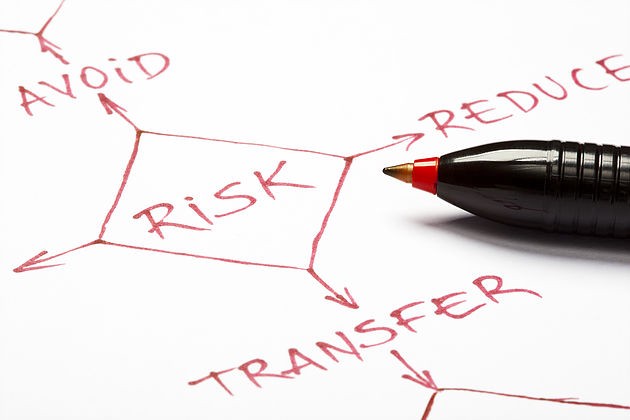Risks in construction may vary depending on various factors. Depending on the type and magnitude, a construction project always faces both internal and external risks which may jeopardize its timelines if not mitigated in time. To arrest these risks and challenges in time, project managers need to observe a mix of strict codes, laws, and regulations. Because a project is bound by unknown factors throughout its life-time, it is hard to completely avoid risks along the way. Below are the various types of risks in construction.
Project management risks
This entails all those risks that affect the effectiveness of managing a project. One of the main causes of project management risks is lack of project visibility mainly due to broken communication. Centralizing your source of information is one quick way of mitigating these types of risks. It is also good to be in direct touch with the team on the ground as this speeds up the flow of the project and also improves your management standards.
Financial risks
Any delays that a project may encounter always increase its financial risks. Delays can also spark off legal battles that lead to fines and penalties. Delays may especially be costly in projects where the government is involved. Due to bureaucracy in government operations, however, government projects always have a greater risk of delay.
The location of the project could also lead to a series of risks. These include location-specific inflation, local taxation, and changes in currency rates.
Legal risks
It is always rare for a construction project to be completed without encountering legal claims. This underlines the importance of having a proper and well-maintained record of everything happening on the ground. This allows project managers to get a quick and convincing answer to any claim that arises.
Many claims are always caused by failure to fully understand the signed contract or when the contract lacks some information. In addition, when the project team fails to prove that it is behind the delays or quality issues, it can cause the company to have many claims. Claims generally lead to major delays in completing the project and also add more pressure on available resources.
Natural environmental risks
Different regions have different environmental and natural events that may shape the progress of a construction project. A project manager should therefore carefully examine the natural and environmental conditions before starting a project. This especially helps in the proper timing of your projects and avoids seasons that may be riskier.
Job-related risks
There are several dangers that come with working at a construction site. Those tasks with different jobs at the site must have the necessary skill set and attention needed to do the job. Doing proper planning and preparation can help reduce the level of injuries on the job. In addition, it is also important to conduct thorough safety checks at different stages to minimize the possibility of injuries. It is also important to improve site visibility through proper communication.
Societal risks
Many project managers always overlook the impact of the neighboring communities on the success of the project. The social and culture of the local setting is a big consideration in planning a project. This is largely due to the fact that the project to some extent will rely on the locals for supplies like labor and construction materials.
In addition, while executing the project, a contractor needs to comply with the local rules and regulations to avoid colliding with local authorities.
Logistical Risks
Transport is a key element of any construction project. As a manager, you need to plan for the movement of staff and materials to and from the site with a lot of efficiency. Some of the logistics challenges that you are likely to encounter include lack of transport, labor, fuel, and spare parts. A project needs to effectively address logistic challenges to avoid running into delays and additional costs.

